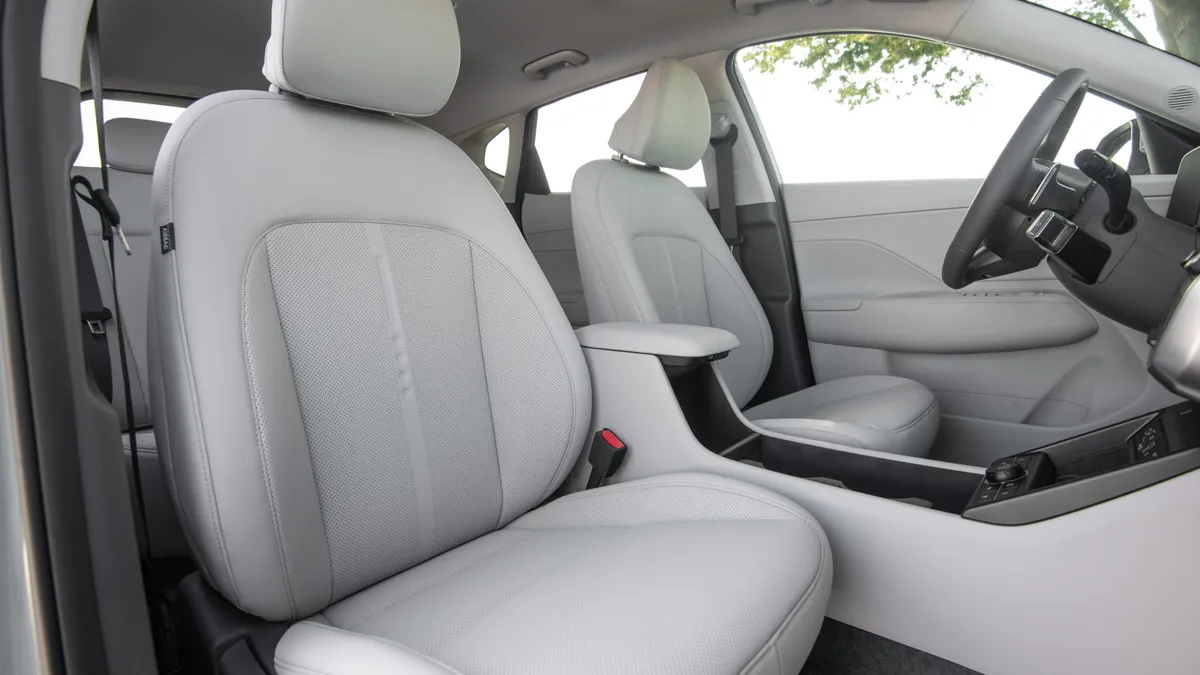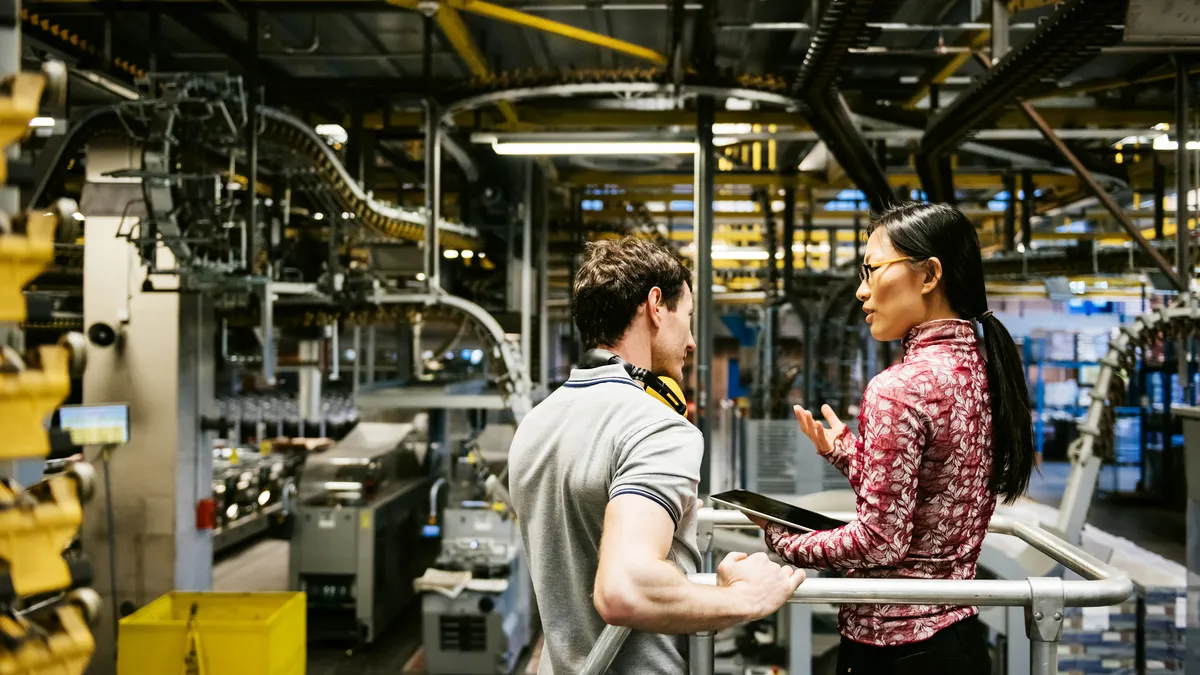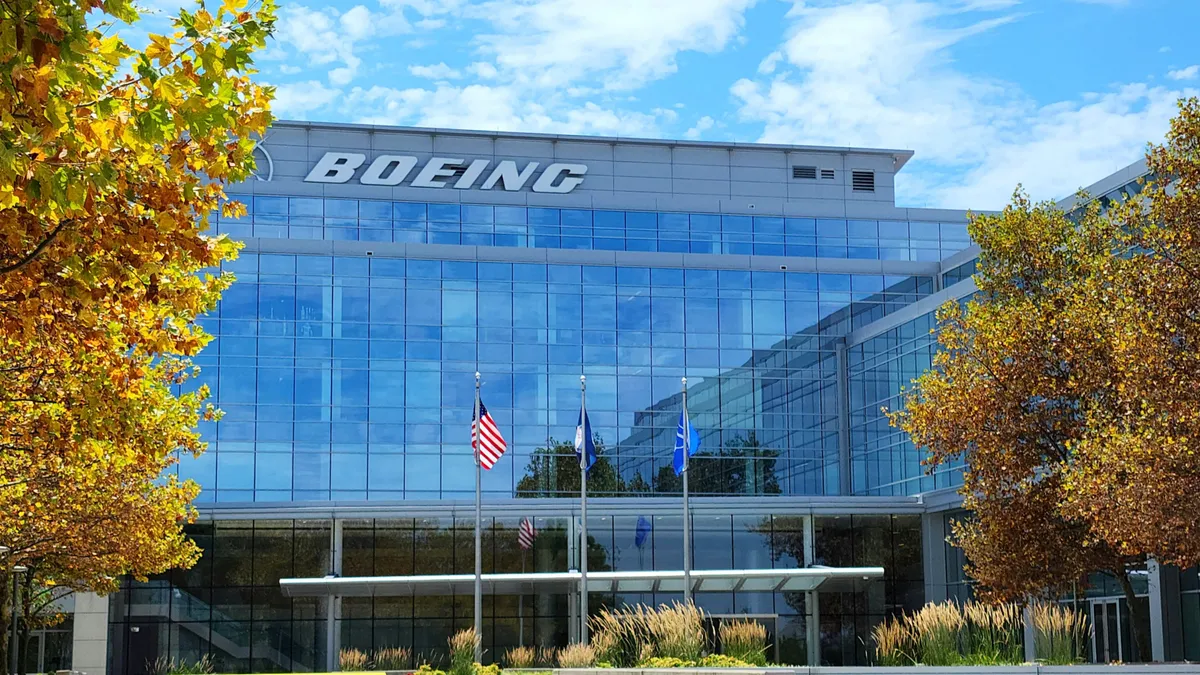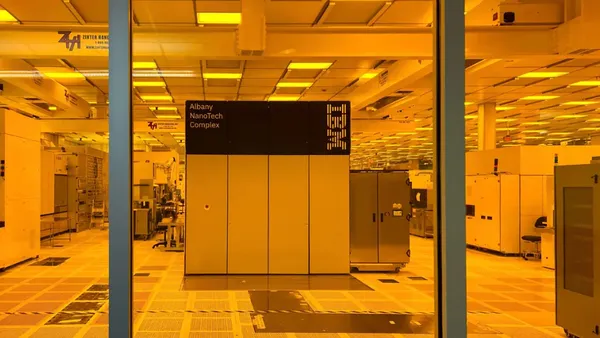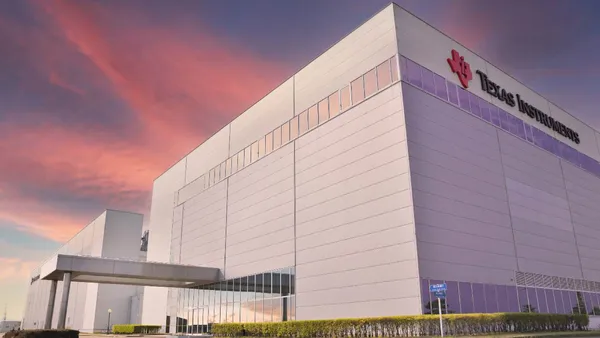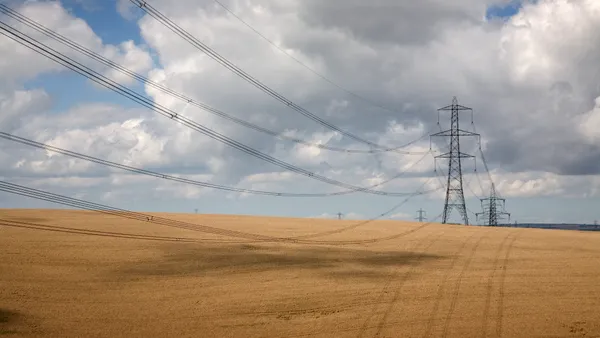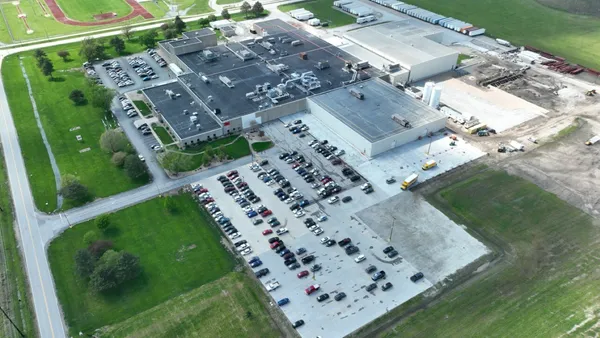Hyundai Motor Group’s Georgia supplier list got longer over the past few weeks, with three more auto part makers announcing investments to establish manufacturing facilities in the state.
The global automaker’s subsidiary, Hyundai Industrial Co., announced it invested over $24 million to acquire a building in Newnan, creating 100 jobs. The company plans to retrofit the facility to produce armrests and headrests for Hyundai’s upcoming $5.5 billion EV metaplant in Ellabell as well as other OEMs.
Another South Korea-based company, Hwashin, plans to establish a $176 million plant in Dublin, creating over 460 jobs. The tier-1 supplier specializes in crafting chassis and body parts for Hyundai and its subsidiary Kia, as well as other OEMs. Production is expected to begin in late 2025.
Lastly, Daechang Seat Corp. USA announced it was investing $72.5 million to build a manufacturing facility in Savannah, creating over 500 jobs.
The company, which specializes in automotive seat frames, will join previously announced Seoyon E-HWA and PHA at the Savannah Chatham Manufacturing Center. The industrial site is located near the Hyundai metaplant, which is still under construction.
More than 10 Hyundai suppliers set up shop in Georgia
The latest investments bring the Peach State an estimated $2.5 billion from a total of 14 suppliers. The growing EV network is also creating over 6,000 jobs, Georgia Gov. Brian Kemp said in a Nov. 1 news release.
Additionally, Hyundai Motor Group invested more funds to increase its supplier network amid the ongoing construction of its EV manufacturing campus. In September, the automaker and LG Energy Solution invested an additional $2 billion toward the $4.3 billion of their joint battery cell manufacturing plant.
Production at the factory, which will be next to Hyundai’s manufacturing campus, is slated to begin at the end of 2025 with enough capacity to produce 300,000 EVs annually.
Hyundai broke ground on its manufacturing campus over a year ago and construction has recently begun on the company’s production-related buildings, with foundation work nearly complete, the company said last month.
The nearly 3,000-acre megasite will also use renewable resources to power its mass production, which will help the automaker reach its goal of becoming carbon neutral by 2045.



